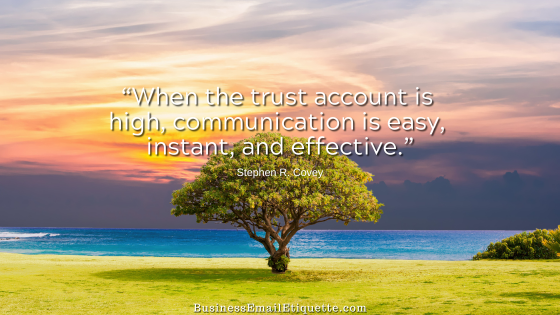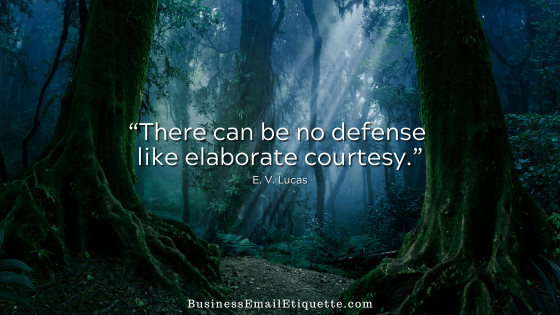Cc: and BCc: Reply Expectations

Cc: stands for a courtesy copy. Back in the day, it used to indicate carbon copy — when carbon paper had to be used between pieces of paper to create copies of a typewritten document. Archaic, right?
BCc: means a blind copy. BCc is used when there is no indication on the original document that anyone else was copied. But they were.
So it is easy to see how blindly copying others without the visible recipients being aware could cause some conundrums and maybe even ethical issues. That said, there are times when using BCc makes sense.
Many wonder what is expected when your name is either in the Cc: field or you are BCc: ‘d on an email. This is a topic that I get contacted about, so you are not alone!
Cc: and BCc: Reply Basics:
Copying with Discretion
Discretion means “the ability or power to decide responsibly.” If you think about it, just about everything to do with business success has to do with discretion. Using your discretion in your email activities will make you perceived more favorably.
Minimize email volume by only replying and sending to those who are necessary to the conversation at hand. This will lead to your communications being taken more seriously and help minimize others’ unnecessary email volume.
These efforts will have the added benefit of being viewed as a courteous, efficient, and professional communicator. Which will be appreciated by all you work with.






